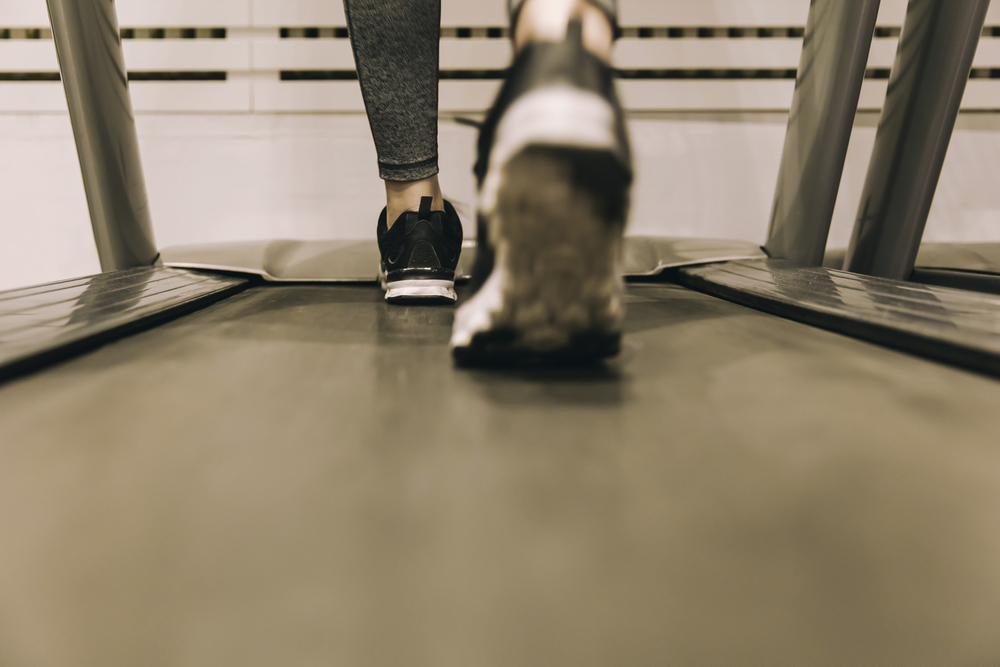Study Shows Benefits of Low Temperature Exercise for MS Patients
Written by |

Reducing body temperature during physical exercise can help rewire the brain and improve motor control in patients with multiple sclerosis (MS), a new research study at Canada’s Memorial University shows.
Physical exercise can have several benefits for patients with MS, including improved strength and reduced symptoms of fatigue and depression. However, many patients are advised to limit their physical activity because they often experience heat sensitivity and their symptoms worsen.
Michelle Ploughman, PhD, who is Memorial’s Canada Research Chair in neuroplasticity, neurorehabilitation and brain recovery, and her collaborators wanted to investigate if cooling a patient’s body could help them exercise, and how much cooling would be needed.
The study enrolled nine patients with MS who were asked to walk on a treadmill with a supportive harness for 30 minutes in a room that was kept at 16°C (approximately 60.8°F). Patients exercised three times a week, for a total of 12 weeks.
Join the MS forums: an online community especially for patients with MS.
The research team then evaluated the participants’ brains to assess how the brain cells were working. They also measured walking speed, oxygen use, lesions in the brain, and markers of recovery in the blood.
According to the team, patients were able to tolerate the treatment with significant improvements in their walking ability during the study period.
“It’s remarkable,” Ploughman said in a Memorial University news story written by Michelle Osmond and Rebecca Rebeiro. “This is not supposed to happen, according to the textbooks. It hasn’t been recorded before.”
For several years, Jennifer Archer, one of the study participants, watched her mother and her grandmother succumb to MS. When she was diagnosed with the disease she already knew what her fate would be. However, enrolling into the study had a major impact on her symptoms, much more than she could expect.
She first thought she would be able to get through two or three minutes on the treadmill in the first session. But, to her great surprise, she walked for 40 minutes.
According to the participants of the study, the tested exercise strategy did not improve only their mobility, but it also improved their energy levels, helped them make new friends, and — perhaps most importantly — it gave them a new hope.
“Psychologically, this has helped me so much. My depression is non-existent since I started this,” Archer said. “That means MS has not beaten me down. MS does not have control over my life. I have control over my life. I’m a person who has MS, but I’ve pulled MS away from who I am.”
Lisa Cooney, another MS participant in the study, added: “One of the biggest things with MS is that it takes away so much control. My biggest fear with walking was, if I go there, I have to come back. And because I didn’t know where that halfway mark was, I didn’t do it. This study has given us control.”
Before the study, and after several falls, Cooney’s physiotherapist suggested she get a wheelchair. Cooney refused to do so.
Since the study, Archer continues to exercise at home three times a week for 40 minutes — with no harness and holding on with one hand – in a new treadmill she bought. She and Cooney, who also exercises regularly, hope to participate in walks to raise awareness about MS and depression.
“When you have MS, you never think you’re going to get better than what you are because it’s degenerative. You think, this is the way my life is and I can’t get any stronger or do what other people do. But now I feel like I have my life back,” Archer said.


